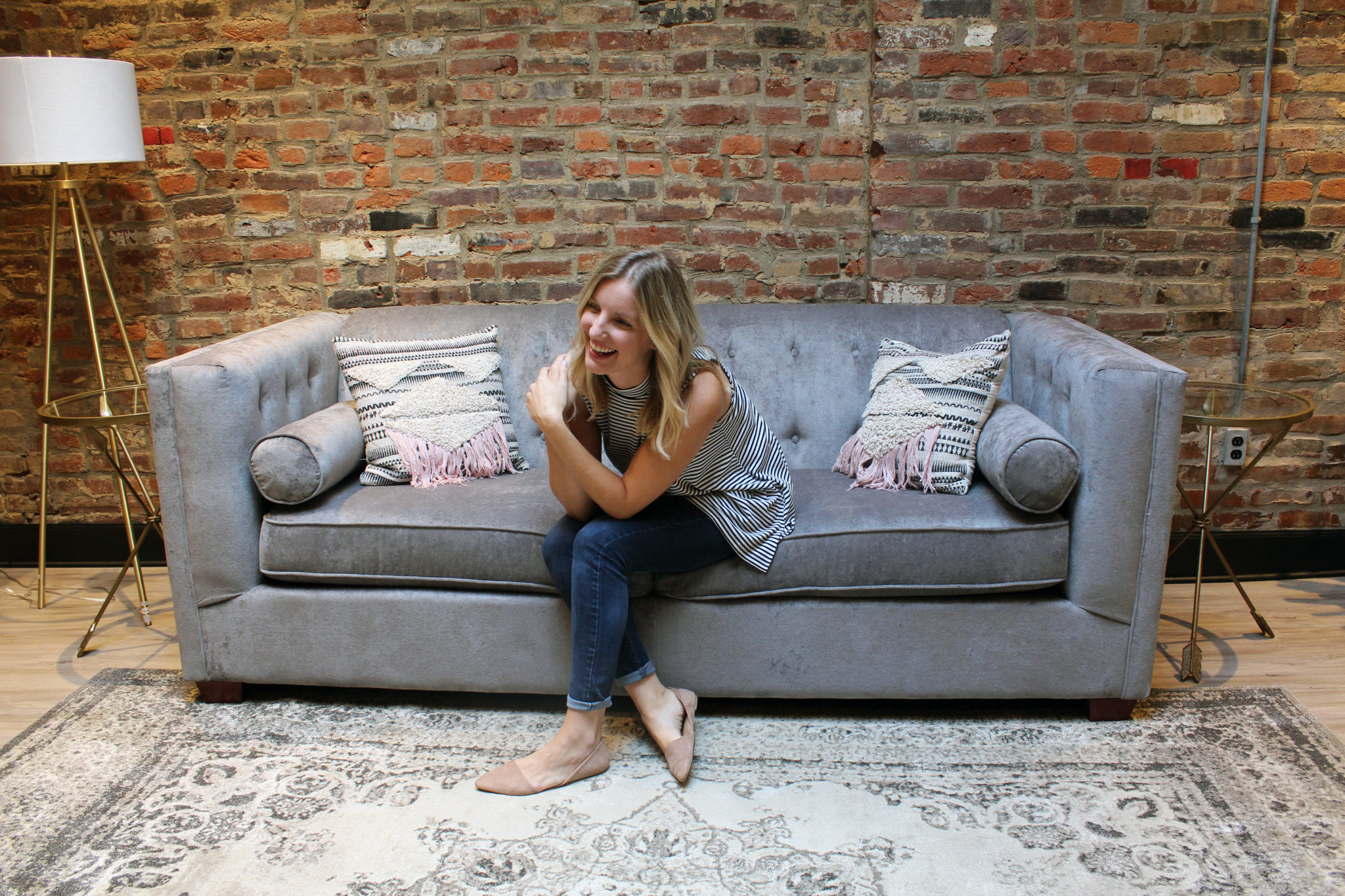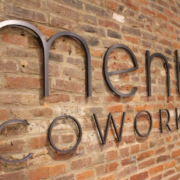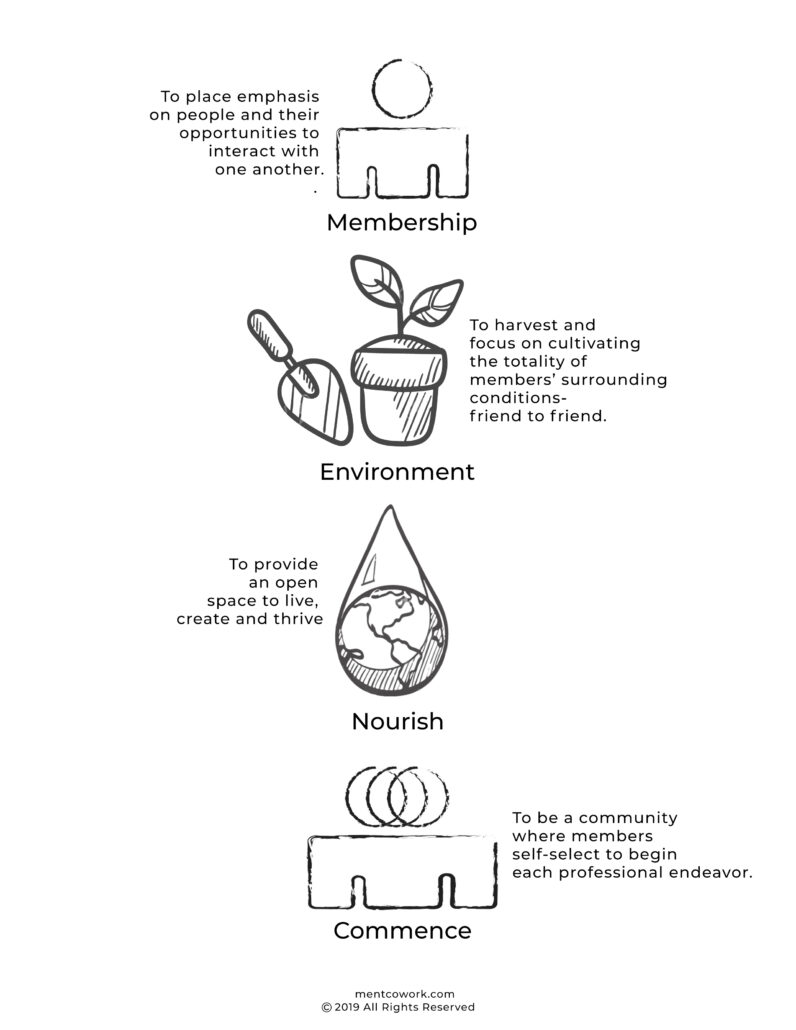Why You Need More Vitamin N
It’s no secret we live in a society where we are always indoors. Most people will leave their homes to drive to where they work (most likely inside) and then back home. A recent study has shown that humans will spend 93 percent of their time indoors. There is also a shift to living in big cities that have limited access to natural surroundings. There are countless other studies conducted about the benefits that nature can have on our health and well-being.
There is just something so rejuvenating about spending time outside, whether that is in a forest surrounded by towering trees or on the coast with the waves hitting your toes. Spending time connected to nature grounds us and helps us see the magnitude of the world around us. I am sure that you have noticed this phenomenon, especially during the summer months when you are outside more or even on vacation.
Author Richard Louv questions what he calls “nature-deficit disorder,” which is an alienation from nature altogether. He poses the question in his book Last Child in the Woods, “What could our lives and our children’s lives be like if our days and nights were as immersed in nature as they are in technology?”
What can cause us to fall into nature-deficit disorder? That’s not an easy answer. The rise and continuation of technology in our everyday lives, urbanization, and fear of the unknown can all be traced to having an effect on why we are spending much more time indoors rather than out experiencing nature. Louv states that prolonged alienation from natural surroundings can have deep affects on our mental and physical states, especially in our children. Research has shown that spending more time connected to nature can help with depression, obesity, ADD, and can stimulate creativity.
In his most recent book, Louv has come up with a solution for nature-deficit disorder: Vitamin N. This book details specific activities on how to connect more with the natural world around you. Louv also cofounded Children and Nature Network (C&NN,) which is an organization determined to get children and families outside. Through this nonprofit’s website, you can take a pledge to finding Vitamin N and offers support, tips, and more.
It might not be practical to drop everything in your life and go live in the woods forever, but there are lots of ways to implement some Vitamin N into your daily life. Enter: biophilic design. If you have been around on our blog for a while, you might have heard us talk about this. It is about integrating nature into your already present environment. It is so much more than just putting a succulent on your desk—do that if you want, though! Biophilic design takes into account the whole space, whether that is your home, your office, or wherever you spend your time.
Pieces that can be considered biophilic design are plants, water, natural light, even natural air flow. Ment was created with a biophilic design in mind. We have a little green in every room of our space, a huge skylight in the coworking lounge and more. However, your place of work doesn’t have to do the design for you, you can do it yourself. Open the blinds or the windows in your office. Place some plants everywhere. Your eyes will shift to the green leaves and put you at peace. Buy some nature-inspired art to hang around. The best tip of all would be get outside! Take your lunch out on a bench, meet with clients at a restaurant with outdoor setting, or just go for a walk on your break.
Our nature-deficit disorder that we might face may not be totally curable in an instant. It is something we have to work on every day. Taking into account the words of Richard Louv, begin to implement some of his tips into creating a life that is more green.





